
The Free Press

Where did all of this hatred come from?
We keep coming back to this question as we’ve tried to make sense of the world since October 7. We’ve asked it in relation to Hamas’s nihilistic worldview as well as in relation to the group’s apologists in the West. The answers we’ve offered so far involve ideology, geopolitics, education, technology, and much more.
In many ways, the epicenter of so much of the hatred directed against Israel and Jews in the last month has been the college campus. Every day brings another example of this dispiriting trend. Today in The Free Press, two pieces untangle the roots of the alarming rise of campus antisemitism.
Campus extremists need no encouragement from outside forces. But today Bari writes about a new report by the Network Contagion Research Institute, which offers a look at the actors far outside of the university campus who have poured fuel on the ideological fire. Among the report’s shocking findings is that “at least 200 American colleges and universities illegally withheld information on approximately $13 billion in undisclosed contributions from foreign regimes, many of which are authoritarian.”
Read the full investigation and report here:
Since Hamas’s October 7 massacre, it has been hard to miss the explosion of antisemitic hate that has gripped college campuses across the country. At Cornell, a student posted a call “to follow [Jews] home and slit their throats,” and a professor said the terror attack “energized” and “exhilarated” him. At Harvard, a mob of students besieged an Israeli student, surrounding him as they bellowed “shame, shame, shame.” At dozens of other campuses, students gathered to celebrate Hamas.
The response from school administrations has been alarming. With few exceptions, in the immediate aftermath of October 7, university presidents issued equivocal statements about the initial attack. Some professors even celebrated it. And the focus on the part of administration bureaucrats has been on protecting the students tearing down posters and being shamed for doing so.
Where did all of this hatred come from is a question worth pondering.
In our second piece today, Rachel Fish delivers a reminder that Jew-hate on campus is nothing new. Her first day of orientation at Harvard Divinity School was September 11, 2001. As a student there, she exposed the fact that the university had accepted a gift from an antisemitic sheik—and campaigned for Harvard to return the money. When Harvard and the sheik cut ties, it “was celebrated in the pages of newspapers across the country as a watershed moment,” she writes. But Gulf money had already corrupted the system: “Alas, the flood had already been unleashed.”
Rachel explains: “For decades, this money has been swirling around the Ivy League and other elite schools. While the funding in and of itself did not originate antisemitism on campus, these countries rightly understood that the campuses were a powerful vessel through which to launch into the mainstream an anti-Western worldview that was once confined to the fringe.”
Read Rachel’s piece here:
The antisemitism on display at dozens of elite universities may come as a shock to many. But it does not surprise me.
My first day of orientation at Harvard Divinity School was on September 11, 2001. I had come to the Divinity School to study contemporary thought in Judaism and Islam. Truth—veritas—is Harvard’s motto, but not, I soon discovered, what the university ultimately stood for.
Soon after the 9/11 attacks, in the throes of the Second Intifada, the dean of the divinity school began propagating an early version of the anti-Israel Boycott, Divestment, and Sanctions movement, leveraging his position at Harvard and as a scholar of Islam to resuscitate the demands of Arab countries from their boycott of Israel that dates back to the 1920s—before the country’s founding. At the divinity school, anti-Israel sentiment at Harvard was also taking a strange new turn: during orientation, I heard a senior university officer suggest that Israel may have been at fault for the 9/11 attacks. This was a wake-up call.
If you’re somehow still in doubt about whether what happens on campus actually matters out here in the real world, read Greg Lukianoff and Rikki Schlott’s excellent essay on how cancel culture was born at American universities in the 1960s, bubbled up, and decades on, spilled over into our everyday lives. (And if you want more on this subject, do check out their new book, from which their piece was excerpted, The Canceling of the American Mind.)
The First Amendment wasn’t created to protect the interests of the rich and powerful. After all, the moneyed and influential have historically been protected by their wealth and power. And the United States didn’t need a special right to protect the will of a majority—that’s what democratic votes are for.
In the end, the First Amendment is primarily needed to protect minority views, unpopular opinions, and the expression of those who clash with the ruling elite.
But on campus today, you’re likely to hear this argument turned entirely on its head—as if championing free speech is somehow doing the bidding of the powerful. But that’s only because academia doesn’t like to admit that it actually is extremely wealthy and influential itself, or that those who defend the status quo are defending an extraordinarily powerful American industry.
And finally, for a much needed palate cleanser, read this brilliant piece by teenager Ben Samuels about Deep Springs College—the anti-Harvard—where, in lieu of orientation, he received a handbook with a copy of the student bylaws and instructions for treating snakebites.
In June 2022, after finishing my junior year, I dropped out of high school and flew to a ranch in California. I passed over the green cattle guard—bars laid over a trench to trip up escaping cows—and walked onto the campus of Deep Springs College. The campus comprises a dorm building, a kitchen, and a schoolhouse, all arranged around a small, grassy circle about 100 feet across. I received a handbook with a copy of the student body bylaws and instructions for treating snakebites. This was my orientation.
Deep Springs is one of the most selective colleges in the world and the smallest in the country, admitting only twelve from a pool of several hundred applicants. Students live on a ranch in the White Mountains for two years, earning credits that are accepted by almost every school in America. It has never charged tuition. This is only partly a matter of principle, since students spend around twenty hours a week working—cooking, cleaning, gardening, farming, butchering, and maintaining the college vehicles—which keeps overhead very low.
I had heard about Deep Springs from a distant friend in the fall of 2021 and immediately decided to apply. I grew up in New York City but had spent the past two years of high school on Zoom and felt thoroughly disturbed. I spent the summer of my junior year dreading the return of the familiar dogmatic garble, the ever-changing set of secret codes forbidding you from saying this or that. In literature class, the session’s “conclusion” was often written on the board as you entered the classroom. This was training, not teaching.
On our radar . . .
→ Killed for waving an Israeli flag? Paul Kessler, a 69-year-old Jewish man, has died after sustaining injuries in an altercation at a pro-Palestinian rally in Westlake Village, near Los Angeles, according to Ventura County Sheriff’s Office. According to KABC, “the nature of the altercation remains under investigation but some reports indicate that before he fell, Kessler was struck in the head with a megaphone by an individual with the pro-Palestinian event.”
→ Is the Ukraine war at a stalemate?: Ukrainian president Volodymyr Zelensky has disputed one of his own general’s characterization of the war with Russia reaching a stalemate. Last week, General Valerii Zaluzhnyi told The Economist that “Just like in the first world war, we have reached the level of technology that puts us into a stalemate.” He added: “There will most likely be no deep and beautiful breakthrough.”
Zelensky pushed back over the weekend. “Time has passed, people are tired. . . but this is not a stalemate,” he said.
The stalemate talk comes at a very difficult time for Ukraine, with its counteroffensive not having yielded the results Kyiv had hoped for, and with the conflict in Israel meaning Ukraine’s allies have other priorities to weigh. Meanwhile, NBC cites senior U.S. officials as sources in a story claiming Western governments have “begun quietly talking to the Ukrainian government about what possible peace negotiations with Russia might entail to end the war.”
→ The economic consequences of the war: Will disorder in the Middle East undo the gains we’ve made in the war on inflation? Free Press–approved historian Niall Ferguson answers that question in his latest Bloomberg column. Niall argues that policymakers and markets aren’t taking the economic risks of this conflict seriously enough. And when it comes to the intersection of war and economics, Niall is worth listening to.
→ Anne Frank sent back into hiding: Let’s check in on Germany, where the Anne Frank daycare center in Saxony-Anhalt wants to change its name in order to “visibly mark” a “fundamental new beginning” for the kindergarten. According to The Jerusalem Post, a think tank report on the proposal notes that “parents with migrant backgrounds feel uncertain about the name and find it challenging to explain to their children.” The report claims the change was suggested because Frank is no longer aligned with “the new focus on diversity.”
→ Swifties gonna shake, shake, shake, shake, shake: Taylor Swift’s fans keep finding fresh ways of demonstrating their cultural supremacy. First it was keeping the economy afloat over the summer, then it was a hostile takeover of the NFL. Now it’s ruining the moviegoing experience for anyone unlucky enough to be in a theater next door to one showing the Eras Tour movie.
If you appreciate our coverage of campus and beyond, support our work by becoming a Free press subscriber today:

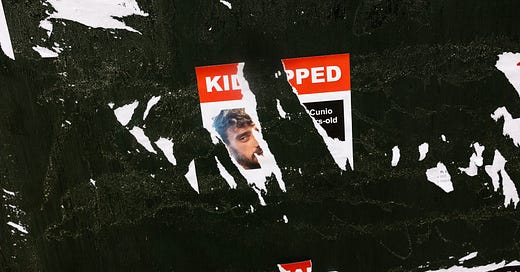

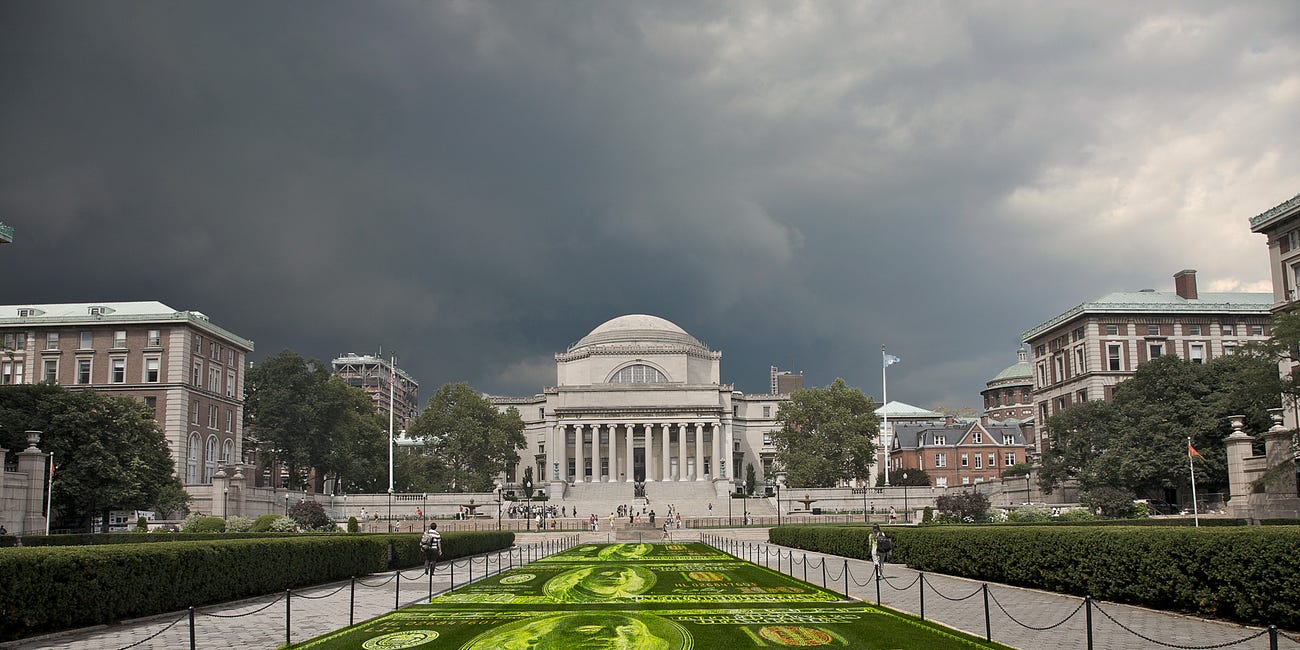

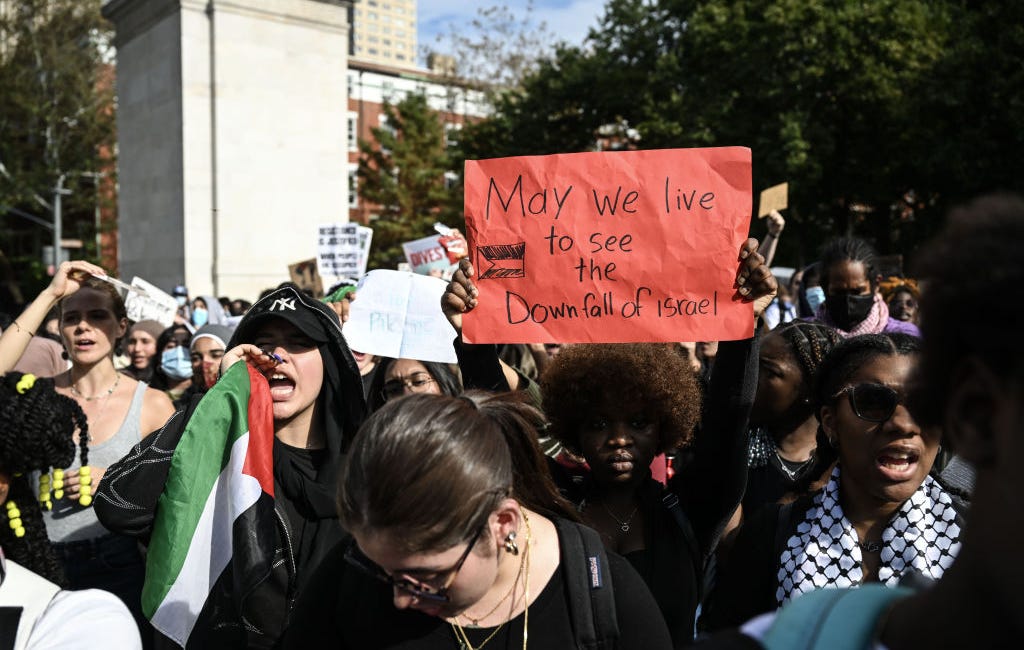






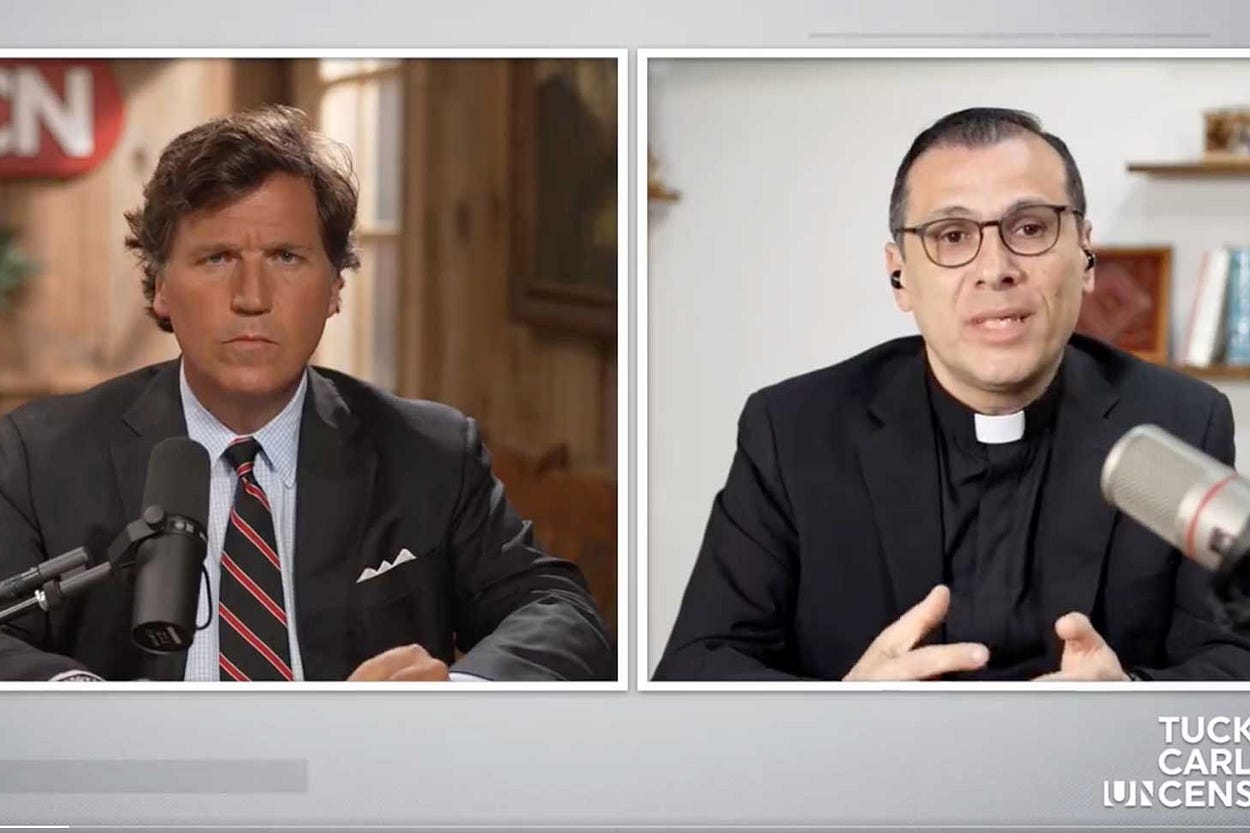

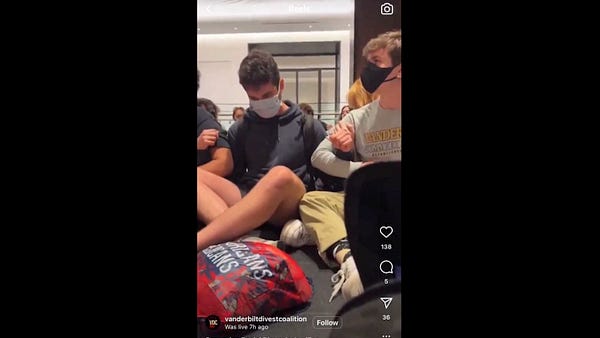

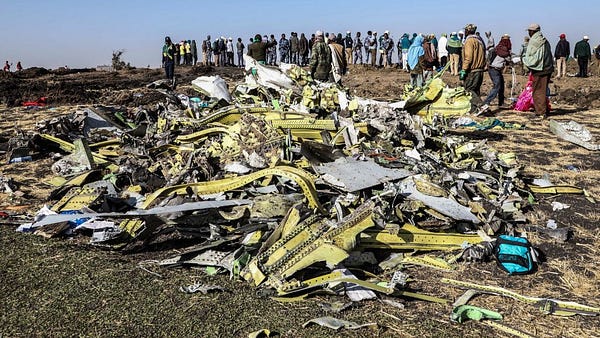

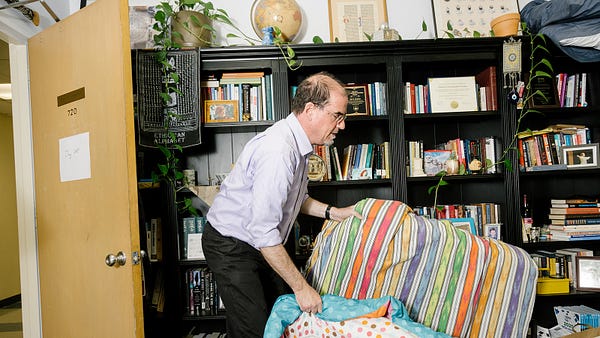

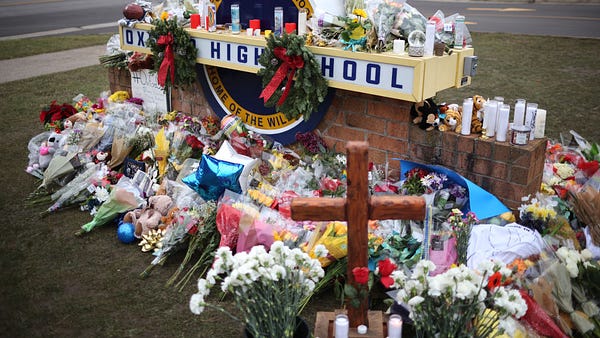

I appreciate the follow up. I graduated from Sarah Lawrence in 1982. I am reading about how openly anti Jew that campus has become. Ayan Ali Hirsi has been speaking out again about the clash of civilization and how we must win. Is there a way for us to exchange emails for less cumbersome communication?
Why have noxious ideas flourished at U.S. colleges?
Because it's precisely at colleges where intelligence is on view for all to see.